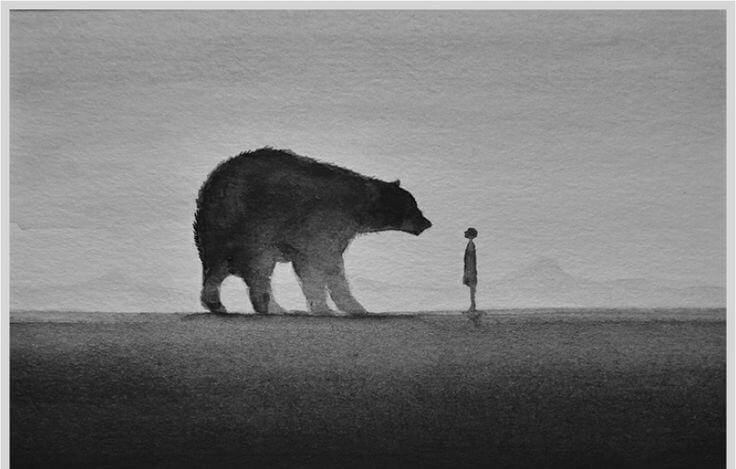When Pride Prevents Us from Seeing Ourselves


Written and verified by the psychologist Valeria Sabater
Let’s begin by clarifying something important that you, without a doubt, already know: pride is a positive dimension we all need to maintain adequate self-esteem in order to value ourselves as being capable and worthy.
Now, we could almost unmistakably say that pride in it’s darkest, most radical form is a “cardinal sin” which many of us sometimes commit.
We’ve all enjoyed moments of glory and swollen pride. But this should not become a weapon or a reason to humiliate everyone else by raising ourselves up to having an absolute truth that elevates us above others.
Pride will make you feel strong, it will be the armor against your weaknesses, and the banner to your success; but if you let your hand go too much, you set distances for those who love you.
We are sure that within our family and social circle there is someone who walks in the armor of his faithful and haughty pride. That pride which pushes you away from him or her, keeps you from getting closer because you know they’ll never understand your point of view or value your words.
Today let’s reflect on pride to understand what causes these behaviors.
The complex core of pride

If there is a context in which pride is especially harmful, it is in relationships. We know it’s not always easy to harmonize “yours” and “mine” to “ours,” and it’s not easy to fit some corners together with others.
However, if there is an excess of self-love, that’s when the friction, problems and distances are generated.
The biggest danger is when pride reaches the sphere of arrogance. Far from being the positive dimension that protects our pride, it is already sinking into a dimension where this type of behavior is observed.
An arrogant person takes no responsibility for mistakes. And they see everything in terms of their own needs, rather than what is best for the couple. And they often feel victimized when they aren’t recognized for even minor accomplishment.
What’s behind very proud or arrogant people?
Although it may surprise you, under this heavy armor of self-sufficiency and perfection, there are many shortcomings. Low self-esteem causes them to react by sharpening their achievements as a defense mechanism to hide their weaknesses.
Pride is a simple shell and a subtle mechanism of self-deception. If I sheathed myself in my self-sufficient, impenetrable skin and my center of absolute truth, I show a power over the rest where no one sees my internal needs.
In the end they will fall into a very unhealthy vicious circle. They camouflage their internal voids with pride, but their arrogance drives them to loneliness, and loneliness leads to resentment. Which continues to fuel their bitterness.

Pride usually generates more pride and prevents anything positive
It is very common for the following to happen: if my partner acts proudly, the more likely it is that I, tired of fighting with him/her, will end up acting the same way.
Eventually it ends up giving into the classic image of “if you kill your pride, mine won’t allow me to go to your funeral”.
However, it is clear that many times we do it to protect ourselves because it is very difficult to stay afloat in such situations where the emotional cost ends up being very high.
The only thing they’ll notice is how to feed their resentment. And there couldn’t be anything more destructive than those who suffer for their pride, and are unable to see their own wound.
How can we properly manage our pride?
At reasonable levels, pride is healthy. It is the inner voice that values you, allowing you to see your accomplishments and your virtues.
Healthy pride is important for your self-love, but always drive it under the reins of humility. It is important to be able to see your mistakes and your limitations. Pride must go hand in hand with understanding, acceptance of others and of course, empathy.
And remember, never lose your dignity during those times when life brings us circumstances that require us to act with pride.
This text is provided for informational purposes only and does not replace consultation with a professional. If in doubt, consult your specialist.








